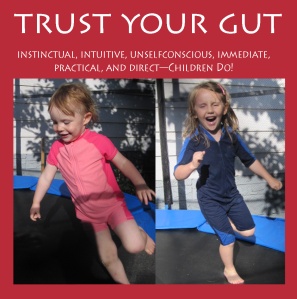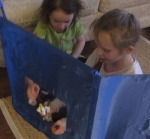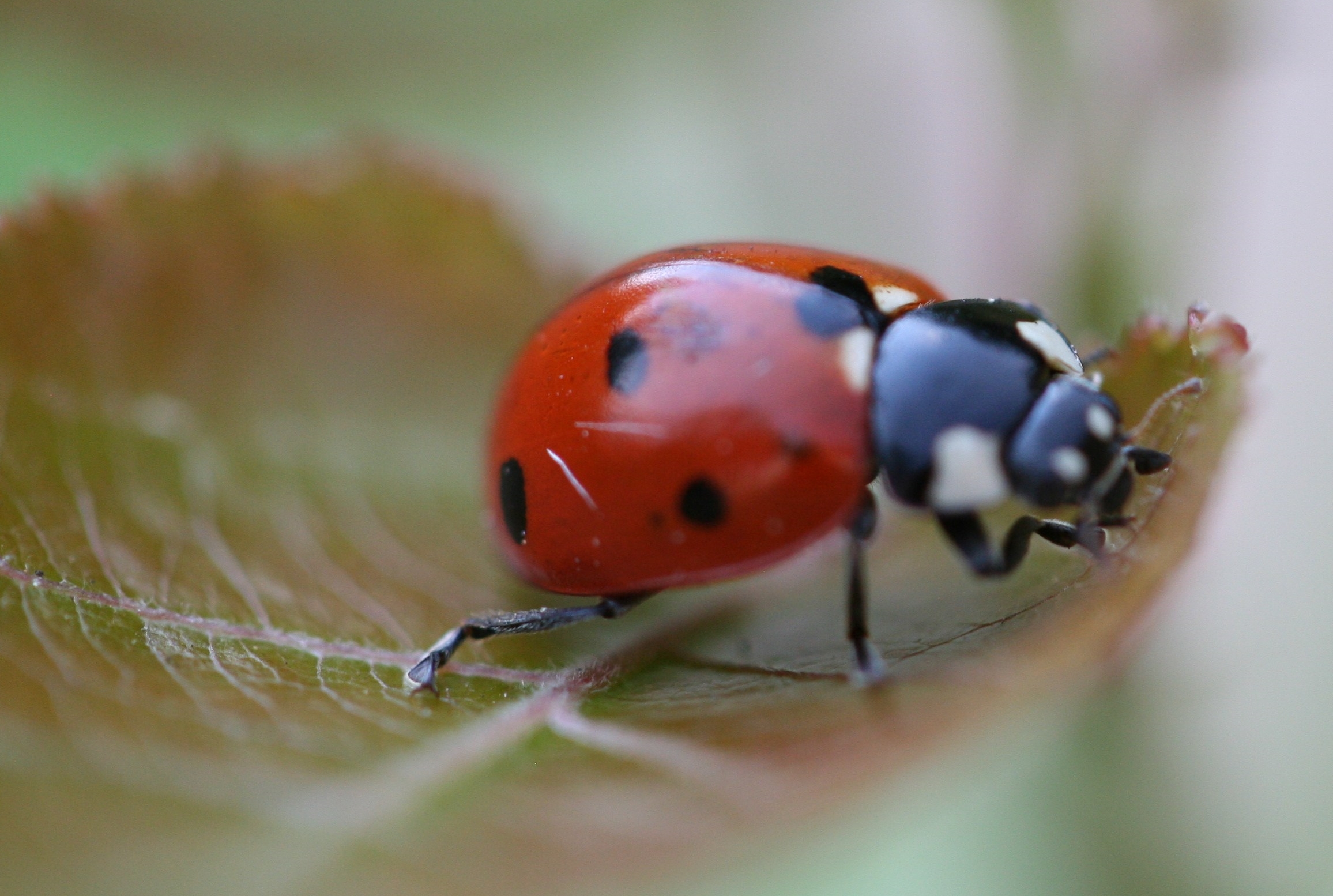
Recently it was singer Neil Young’s seventy-fifth birthday (Nov 12, 2020). I listened to much of his eclectic music paying attention to the lyrics. I was struck by their reflective nature and his responsiveness to emotional landscapes both personal, and public.
Music is his passion. Even though I have always enjoyed much of his music I haven’t always paid attention to the lyrics. That day I did and because of it, I was inspired by his authenticity. It seemed to me this Canadian born icon of the music industry has been a vanguard.
Young’s lyrics for example, “a song won’t change the world,” perhaps has, or “someday you’ll find what you’re looking for,” leads us to continue a search for a meaningful life. His lyrics have certainly influenced generations.
It seems that as a reflection of culture music has its purpose to be what it is, and in bite size pieces, influence, perhaps alter, public perspective. It is the gift an artist offers others in living their passion, and allowing the receiver to receive what they are able, when they are ready, and absorb its message in whatever way makes sense to them.
Often, I am asked how I maintain a positive attitude in the midst of pain, physical limitations and unease, and how that has shaped my life. Resiliency—the power or ability to return to an original form, or the ability to respond to, or to recover from a crisis, disruptive process, etc.—is both a perspective and an attitude.
For example: “When life gives you lemons, make lemonade,” can work in many ways. I choose two—make that lemonade and enjoy the process; find the sweetness, or drink it sour—the choice is mine.
How has this shaped my life? Simply by taking another point of view different from what I am seeing in the moment has helped me build compassion for others viewpoints and grow kindness and respect in myself.
I neither believe nor disbelieve in a higher power. I simply know there is an interconnected energy far greater than little old me, tying us all together by invisible threads. How it is named, and what I choose to name it, is again, a choice.
Perhaps this is what all “creatives” offer—icons and otherwise. They put their work out into the world, and allow it to move, motivate, or provoke change—in ourselves and others—in recognition of our interconnectedness.
Writing Practice: Write freeflow (stream of consciousness), on how your personal health and wellness is connected to the whole. You may wish to write a poem, or create a collage to reflect this. As a fellow “creative”, let it flow…










